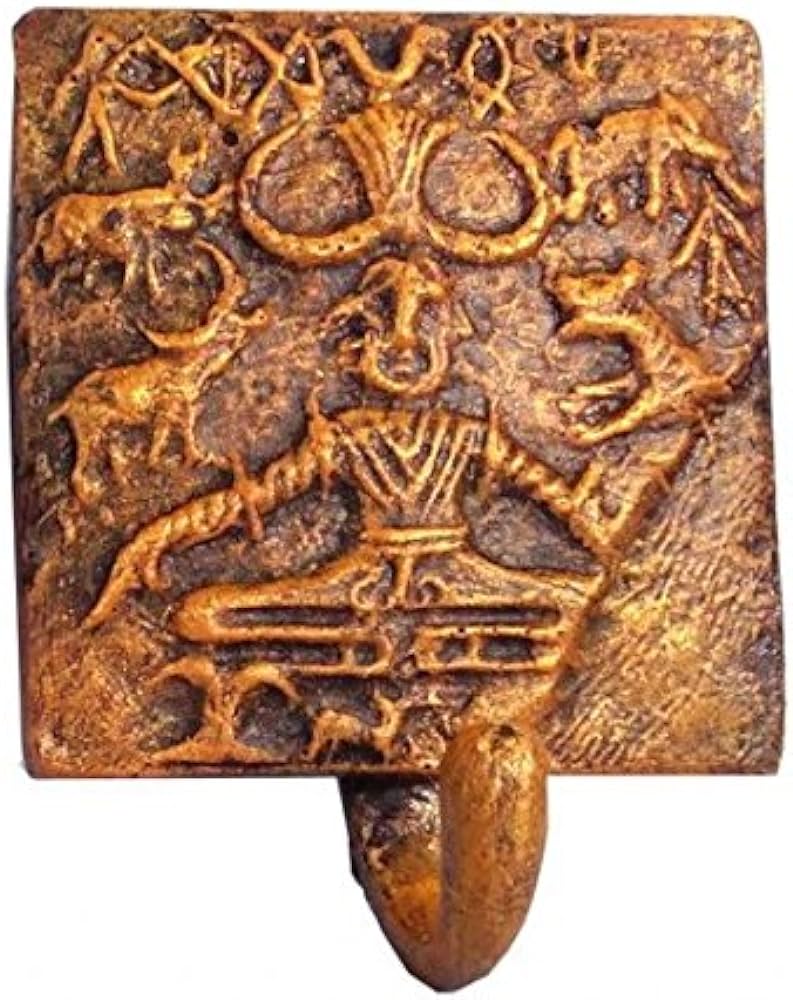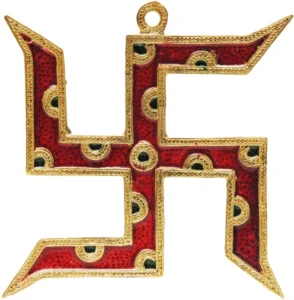Hinduism–History-Origin-Gods-facts-Holy Books
Whenever the word Hinduism comes across, there are millions of people with millions of opinions about this faith (I will not call it a religion, because it isn’t a religion and will explain it later) like the Oldest Faith, the Weirdest where worshipping of Elephants, trees, etc happen. Many have heard about bits and pieces like Hinduism has so many festivals like Holi, Diwali, etc. Many are familiar with this faith by its stories and history like Mahabharat and Ramayan. Let’s explore Hinduism in more detail and clarify the preconceived notion about this faith (not religion).
Origin of Hinduism
The question about the origin of Hinduism is itself incorrect. This is the question asked because we all have witnessed the origin and death of many religions in the world. Any religion in the world dates back to its birth date except Hinduism because it is not a religion. Let’s understand what a religion is, a religion is a conglomeration of a certain set of people who believe in a certain set of beliefs and if any of the members does not believe in those terms and condition, they are by default not part of that group. It’s like a private limited company or a type of political party where you have to believe in the code of conduct made by the supreme of that party or organization. Islam dates back to 1400 years with a rule book and you are excommunicated from Islam should you choose to question the rule book and same goes with Christianity, it has its origin date and a rule book with a different name.

Now in Hinduism, there is no concept of its origin nor does it have a rule book to be feared. If you question the common beliefs and practices of Hinduism you are not excommunicated, you will not be hounded for revenge, you will not be boycotted, and you will not be forced to apologize. You are allowed to have your personal opinion about everything and yet you remain part of Hinduism. If we talk about the origin of Hinduism, no one can date it because it was never founded, it was there since the existence of Human beings in Bharat. The crux of Hinduism is Dharm (duty) and not religion (an organization). Dharm is a different terminology altogether and it takes a while for non-Hindus to understand its entire definition.
What is Hinduism exactly then?

Let’s understand Hinduism, this is the faith that runs on Dharm which is a very difficult thing to understand for non-Hindu or non-Sanatana. Dharm is like a duty of oneself that should be fulfilled by oneself. Suppose you are a Man, then you have to play many roles and have different Dharm in all those roles. You would be a father, brother, husband, friend, son, etc and you have to play your Dharm or Duty towards your peers and that will become your Dharm. Similarly, it applies to everyone and it varies from situation to situation. People in the ancient Bharat ran on principles and those principles became their way of life. They used to sacrifice their lives over a cow because they treated a cow like a family member or they put the cow in the place of their mothers, hence if anyone tried to harm their mother, they would go to the extent of putting their life at stake and this very same thing is in the conscience of today’s Hindus as well. They are more into the principal-based faith rather than following a text written some centuries ago. That is why Hindus argue about many things among themselves with logic and Dharm to be discarded as practices that sound completely opposite to the Dharm, like animal sacrifice, meat-eating, etc. Both these things involve violence towards an innocent being which was created by their supreme Bhagwan and their logic says that one should live in peace with nature and not harm others just for the taste buds.
Concept of Bhagwan or God in Hinduism
Hindus believe that there is a supreme power called Pranom or Om from which there were three forms originated and they were called “Brahma”, “Vishnu” and “Mahesh or Shiva”. These three are called the trinity of Hinduism where “Brahma” creates the life or the entire universe. There is only one Brahma associated with one Universe and there are uncountable Brahma’s and uncountable Universes. Then comes the “Vishnu” who runs all these Universes and is also called the caretaker of these Universes. Shiva is usually called the destroyer but in reality, he is the one who streamlines the Universe, its processes, and rules. When new formation is required to be made, then he initiates the destruction of the old entities and that is why he is designated as the destroyer of the Universes.

Vishnu is one of the active Bhagwan considered because he is the one who comes to Earth taking human form and purging the Adharm (opposite to Dharm). Since there is no translation of Dharm in English it cannot be explained in it very easily. Of 9 avatars of Vishnu two are revered most by Hindus. Ram and Krishna, were on the earth at different time periods and came with the purpose of purging the land of Bharat of the demons or demonic people. Ramayan and Mahabharat are the two historic epics are most popular and based on the involvement of both these character of Vishnu. In both these time periods they explained what is Dharm and what is Adharm, it was Krishna in Mahabharat who explained to Arjun (the greatest Archer) in the middle of the battle against his cousins about Dharm when Arjun got confused about whether to fight his siblings or not. Those words that came out of the mouth of Krishna became one of the holiest scripture of Hindus is “Bhagavat Geeta”.

Shiva is also known as “The Adi Yogi” which means the eternal Yogi (the one who does Yoga), in the Sindhu-Saraswati Civilisation in Bharat there was a bronze stamp called “Pashupati Seal” found with the form of Shiva sitting in a Yogic posture. When Scientists carbon dated that seal, it gave a staggering figure of 5000 years. Imagine if the metal itself was 5000 years old then how much before Yoga came into being in Bharat? And that is why one cannot say or speculate the time when Hinduism started or originated.
Facts about Hinduism.
- Shiva is believed to reside on Mount Kailash which lies in today’s China. Its height is 6700 metres yet no one has scaled that mountain. Chinese soldiers tried once on the orders of the Government. All those soldiers become mentally unstable after that.
- Our Universe has multiple galaxies, planets, etc. And it resides in one of the follicles of Vishnu. There are similar or even bigger universes in other follicles of Vishnu.
- There are 7 immortals who still walk on the land of Bharat and they have been present since the beginning of time and waiting for the last avatar of Vishnu “The Kalki” so that all of them will purge the Earth once again from the demonic people.
- Hindus believe that when Ganga (the holiest river) disappears from Bharat, then the Kalki Avatar will come and by that time Adharm will be at its peak. The signs of that period are as follows:-
a. When 8 years old girls start becoming mothers and we see that 14-year-old girls in Brazil become mothers.
b. When humans start eating and selling the meat of other humans.
c. When water becomes more expensive than gold.
d. The maximum age of Humans would be 20 years.
e. Ganga will be disappear from Bharat
f. Cows will become extinct
Symbols in Hinduism

- Om
It is considered to be the holiest and it is represented as the manifestation of the supreme power from which Trinity has originated.
2. Satya

It is a sign of good luck and fortune. However, in many parts of the world, it is confused with the “Christian Cross” which was used by Hitler as a signature of his political Party.
3. Tripunda

It is the tilak applied by devotees of Shiva after they perform puja
4. Vishnu Tilak

It is the tilak applied by the devotees of Vishnu after they perform puja.
Books in Hinduism

Although there are innumerable books or scriptures in Hinduism if we have to pick one book that summarises the entire Hinduism. It would be “Bhagavat Geeta”. They were the literal words from the mouth of Krishna. Apart from that there are two extensive historical records known as Ramayan and Mahabharat. There are Vedas, Puran, Upanishad, etc. The scriptural base is inexhaustible but one can pick only one and he or she will not need any other text to understand Hinduism, which is Bhagavat Geeta.
